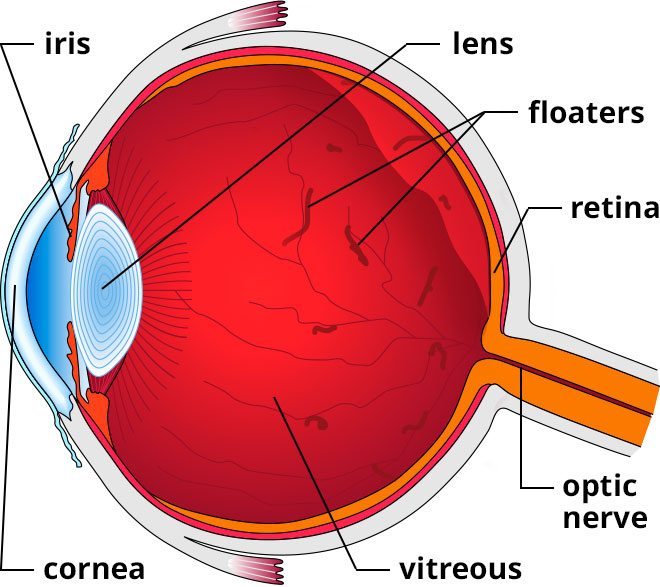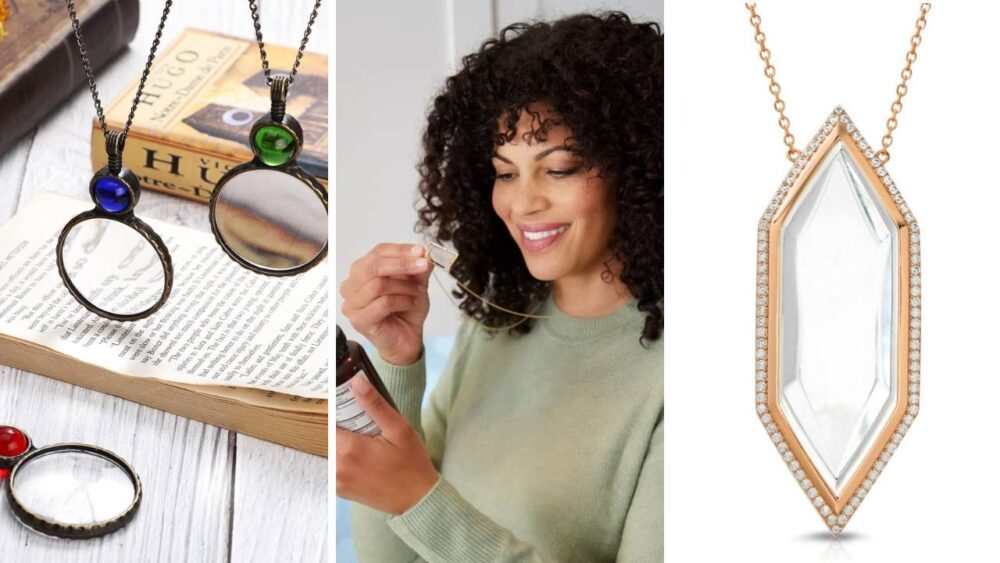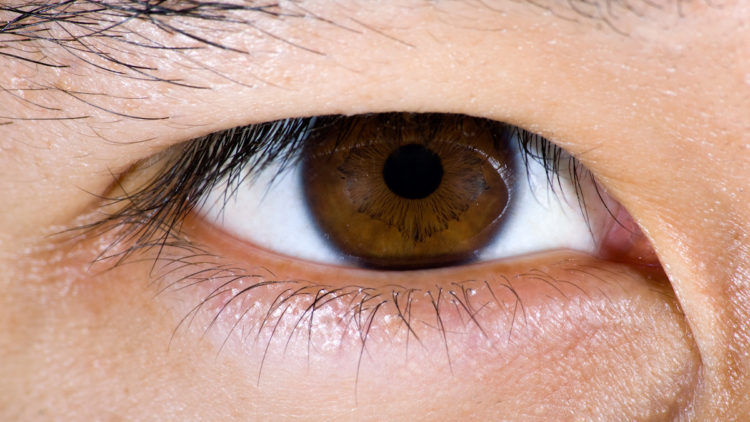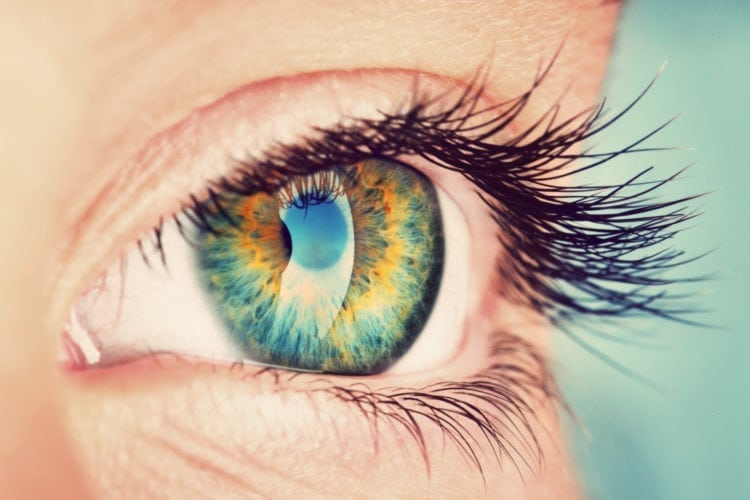Here’s When You Should Worry About Eye Floaters
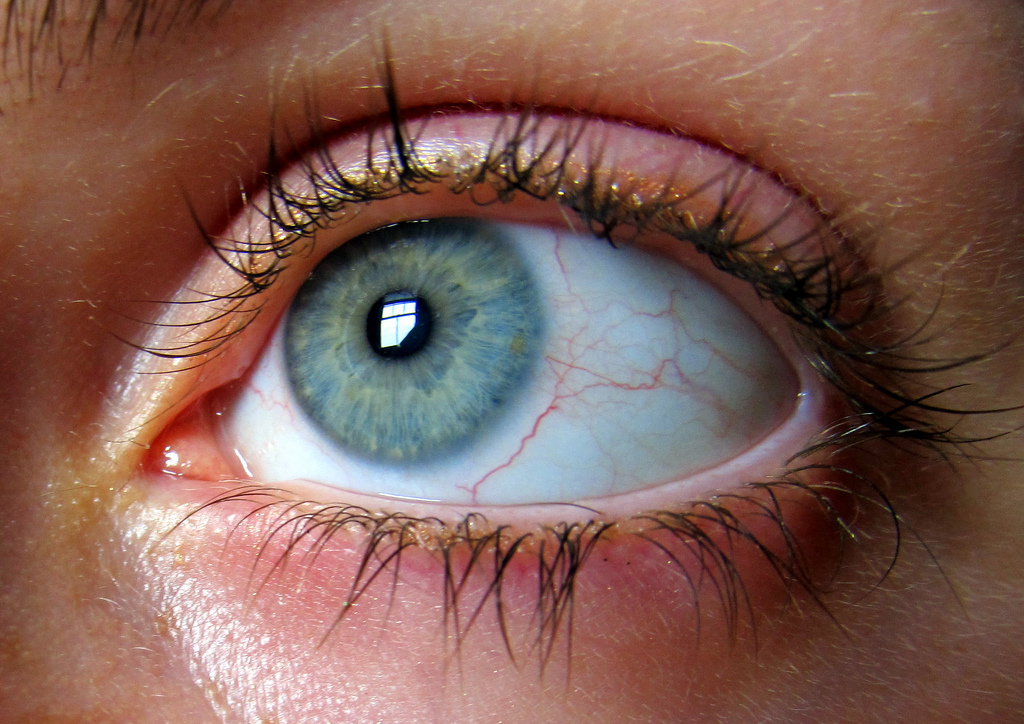
If you’ve ever experienced eye floaters, you may be wondering if there’s cause for concern. Floaters, or small specks that float across your vision, are common in middle-aged and elderly people, and especially those with nearsightedness.
These floaters are debris from age-related shrinkage of the vitreous (the gel that helps our eyes maintain a round shape). The shrinking vitreous detaches from the retina (the very important light-sensitive layer of tissue at the back of our eyes), and creates stringy shadows in our field of vision in different shapes and sizes.
As WebMD describes:
As you age, the vitreous and its millions of fine collagen fibers shrink and become shred-like. Shreds can accumulate in the vitreous. The clear vitreous gel which completely fills the back of the eye earlier in life decreases in size and no longer can fill this space…. it pulls away from the retina and it is often the areas of previous attachment to the retina which are seen as floaters as they now float freely in the vitreous gel.
Unfortunately, these floaters never really go away.
So how do you know when this is a normal part of aging or cause for concern? If you notice a sudden increase in eye floaters, paired with a reduction in sight, flashes of lights, shadows or a grey curtain across your field of vision, this could be a sign you have a detached retina, and you should seek medical care right away.
If you don’t have any of these major symptoms in addition to the floaters, you’re probably fine. No treatment is generally recommended unless they interfere with your vision or are a symptom of a more serious condition.
How Can You Tell If You Have Floaters?
They are most visible when looking at something bright, like a piece of white paper or a blue sky. You may see a strand or speck floating across your field of vision, and they will shift positions when you blink.
In rare cases, floaters are so thick or numerous that they significantly impair vision. In this case, a doctor may consider a vitrectomy where the vitreous and floaters are surgically removed.
RELATED: 6 Things Your Eyes Can Tell You About Your Health
Chances are, unless you have accompanying symptoms, the floaters in your eye are no cause for concern. Of course, if you have any concerns, check with your doctor, who can advise you best.
Photo by Amy Loves Yah


